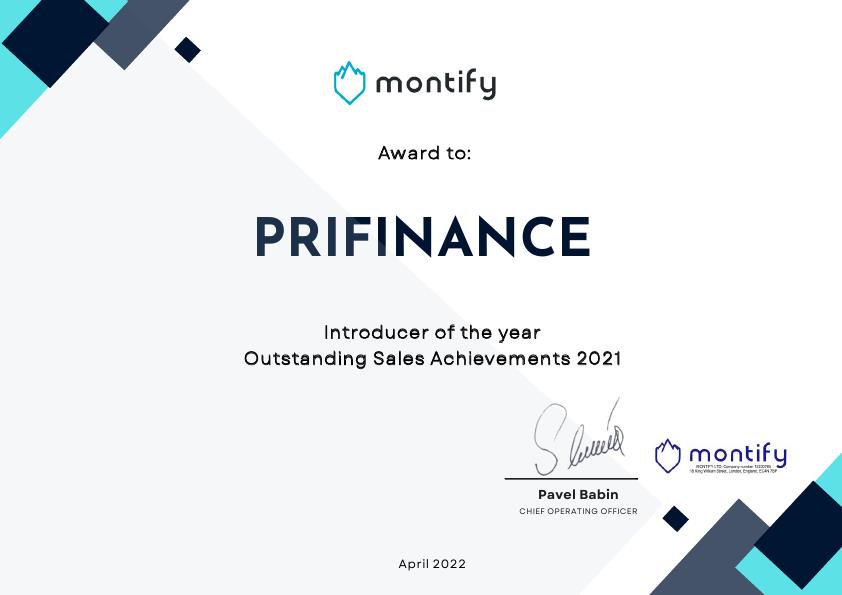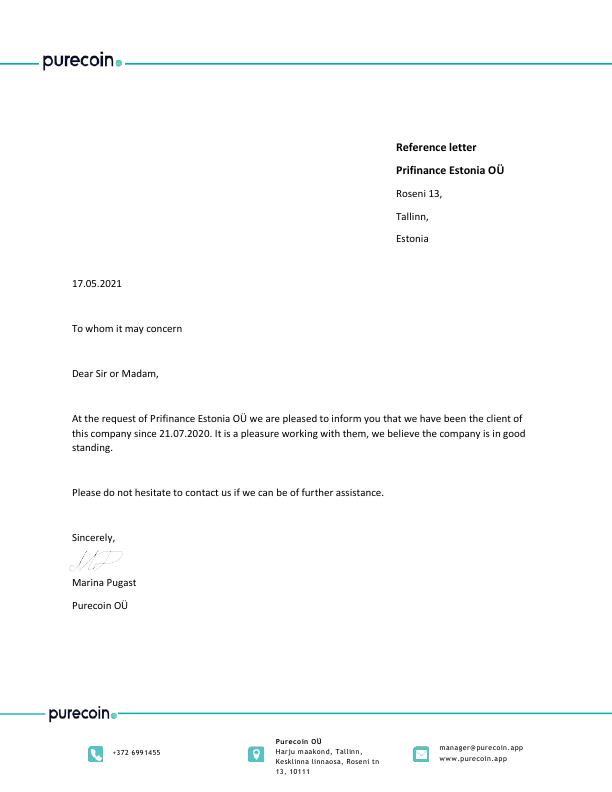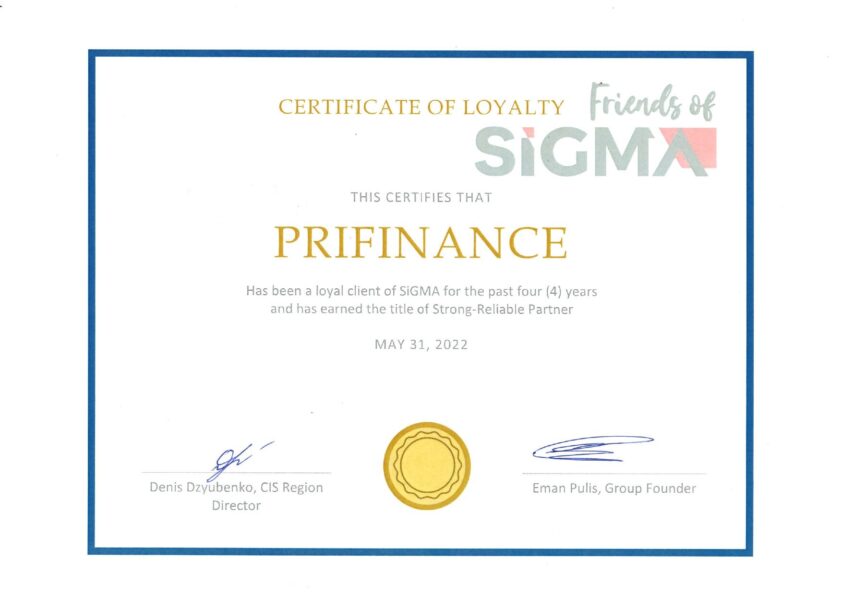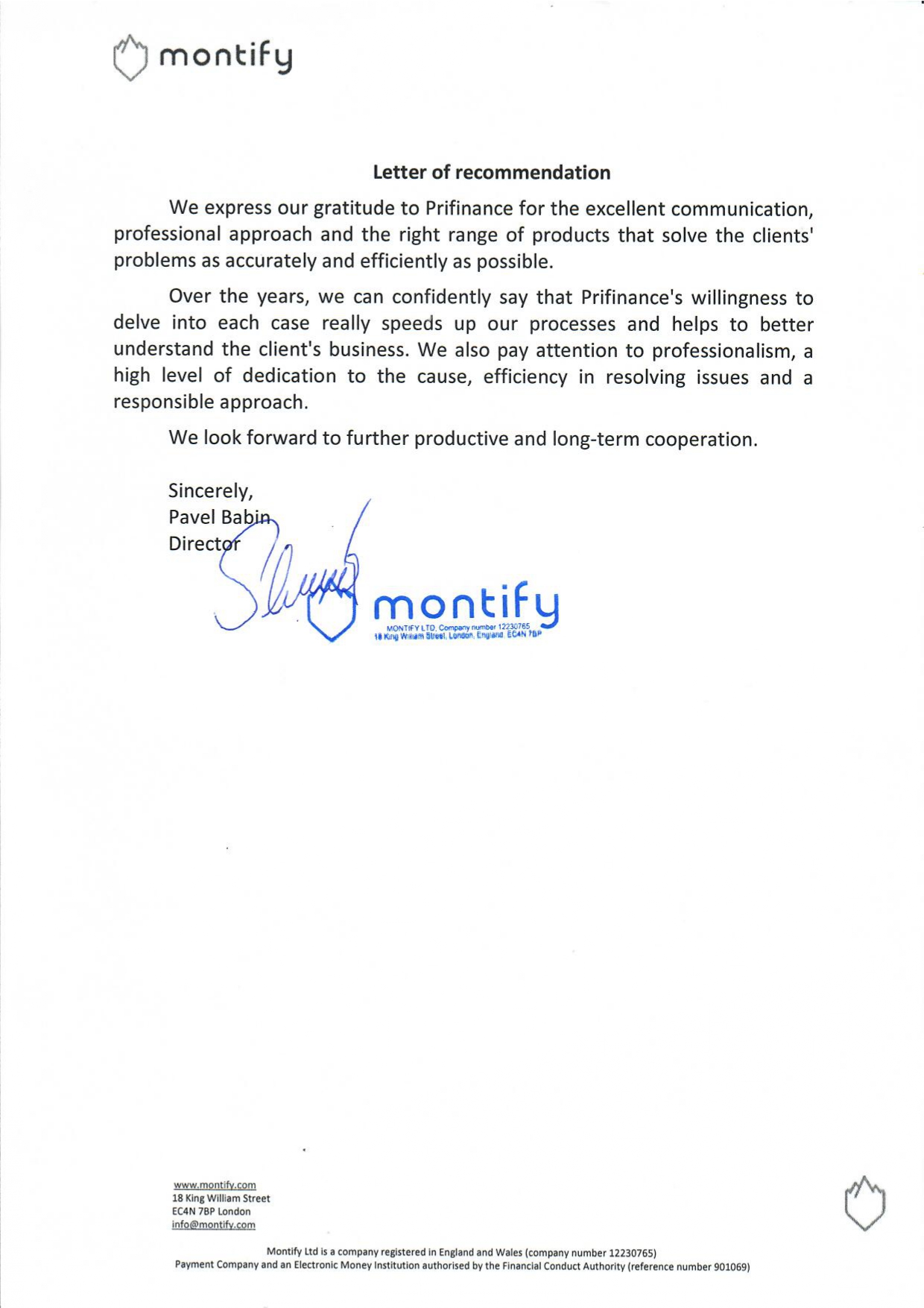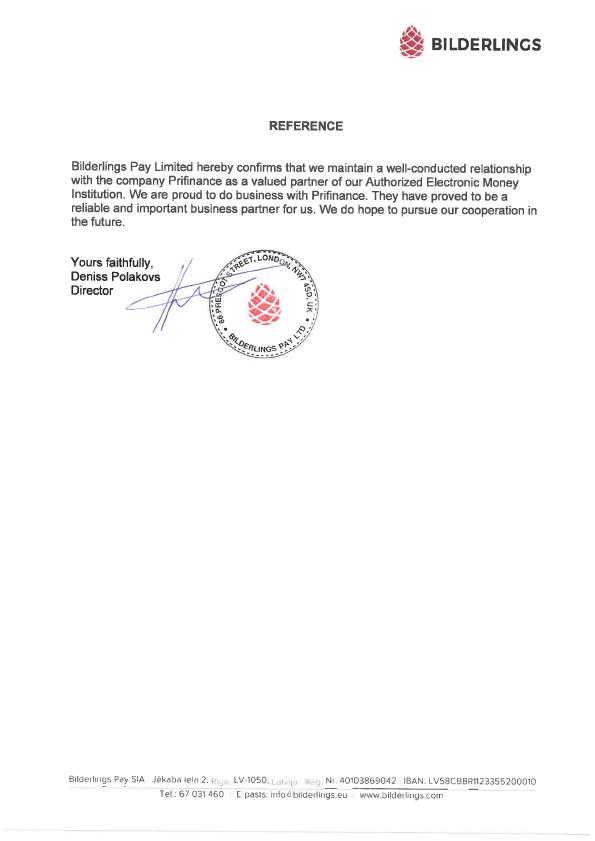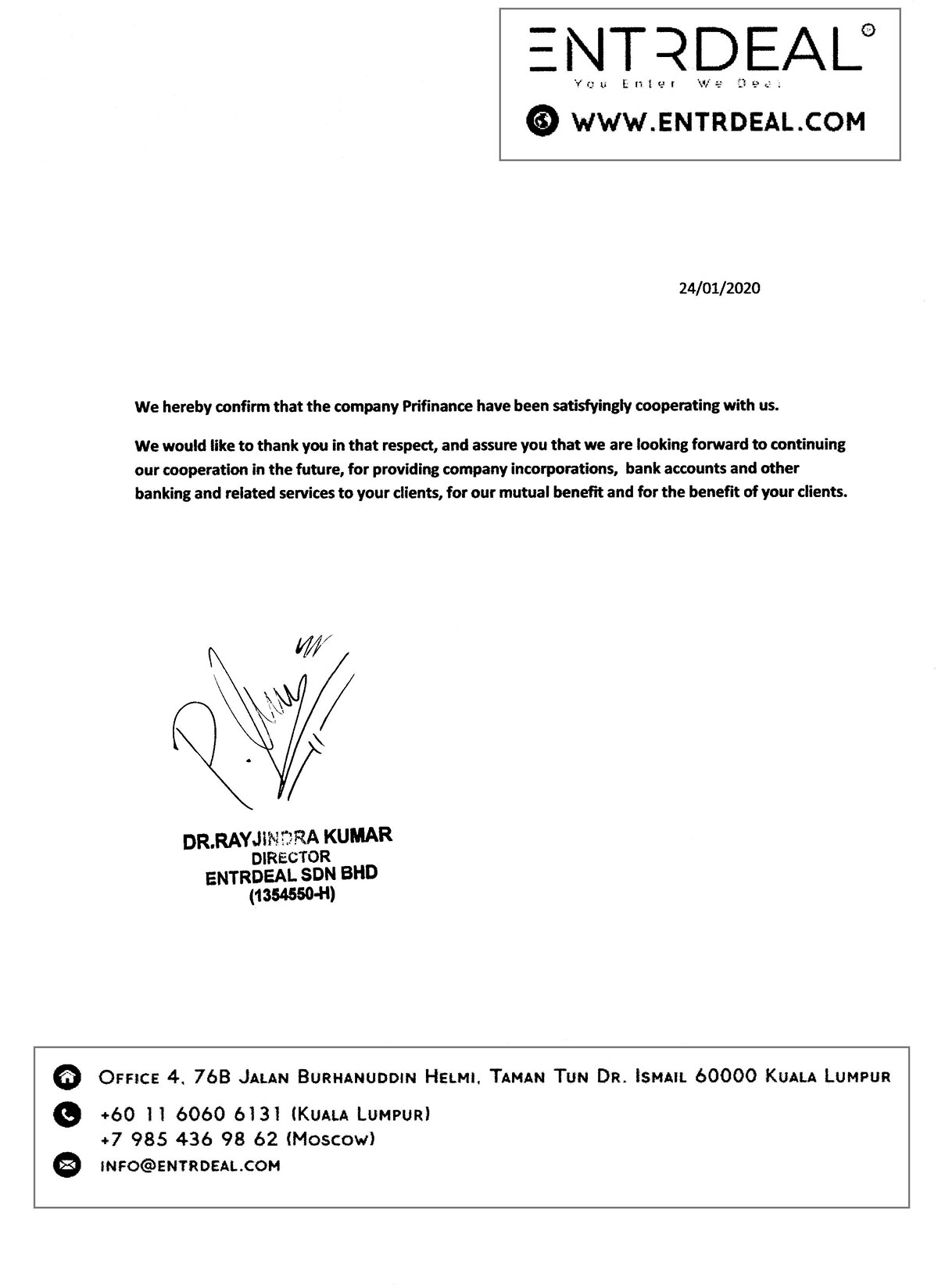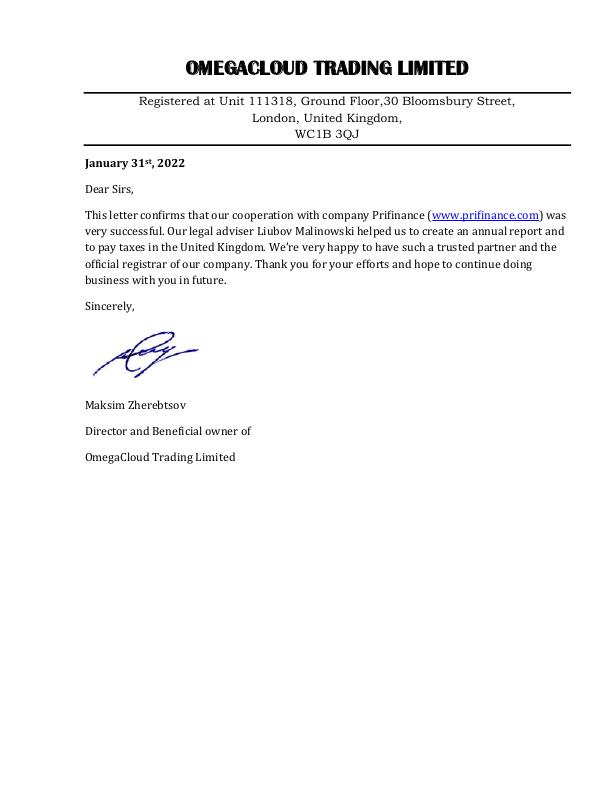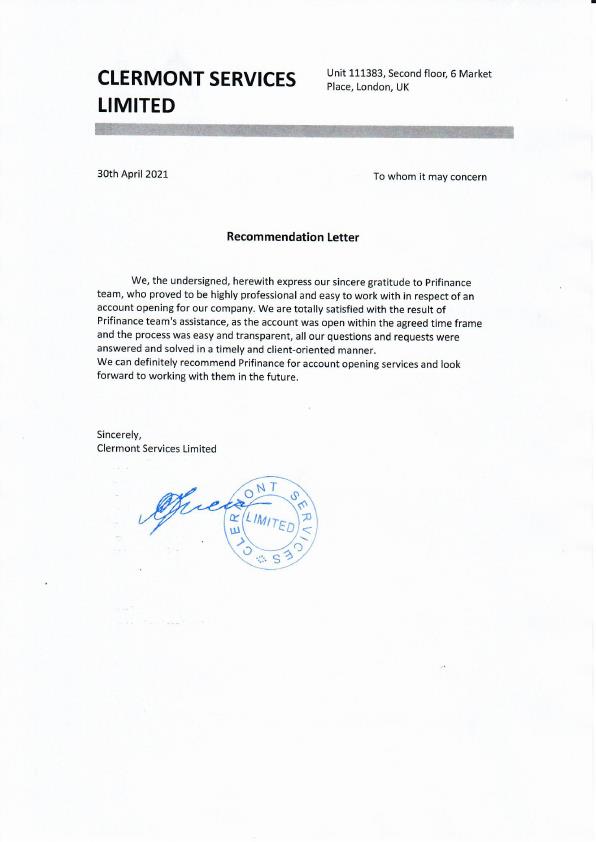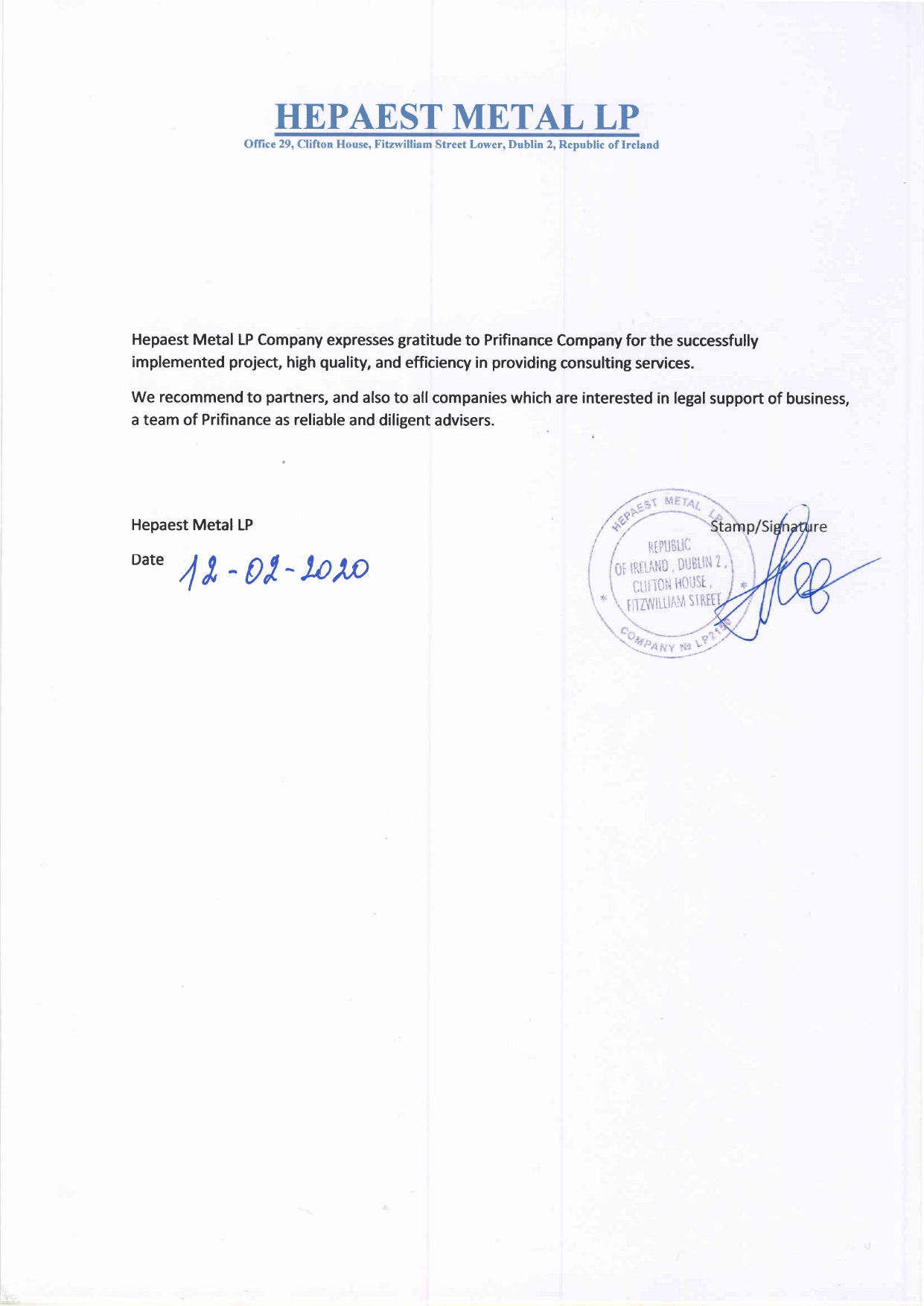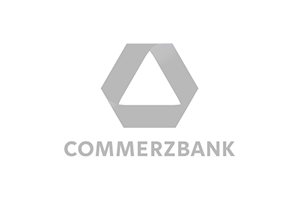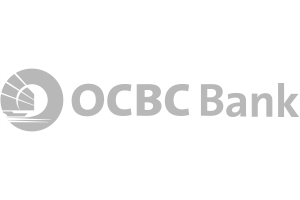| Country of incorporation | Registration fee | |
|---|---|---|
| Algeria | GET AN OFFER
|
Оn request |
| Angola | GET AN OFFER
|
On request |
| Benin | GET AN OFFER
|
1900 USD |
| Botswana | GET AN OFFER
|
On request |
| Cabo Verde | GET AN OFFER
|
1200 EUR |
| Cameroon | GET AN OFFER
|
On request |
| Djibouti | GET AN OFFER
|
Оn request |
| Egypt | GET AN OFFER
|
3100 USD |
| Ghana | GET AN OFFER
|
3600 USD |
| Kenya | GET AN OFFER
|
1800 USD |
| Lesotho | GET AN OFFER
|
On request |
| Liberia | GET AN OFFER
|
On request |
| Libya | GET AN OFFER
|
Оn request |
| Madagascar | GET AN OFFER
|
On request |
| Mali | GET AN OFFER
|
1600 EUR |
| Mauritius (GBC-1) | GET AN OFFER
|
1900 USD |
| Morocco | GET AN OFFER
|
1800 USD |
| Namibia | GET AN OFFER
|
On request |
| Nigeria | GET AN OFFER
|
2990 EUR |
| Rwanda | GET AN OFFER
|
1500 USD |
| Senegal | GET AN OFFER
|
1700 USD |
| Seychelles | GET AN OFFER
|
550 USD |
| Sierra Leone | GET AN OFFER
|
On request |
| South-Africa | GET AN OFFER
|
1200 USD |
| Sudan | GET AN OFFER
|
Оn request |
| Tanzania | GET AN OFFER
|
1990 EUR |
| Togo | GET AN OFFER
|
1900 USD |
| Uganda | GET AN OFFER
|
1800 USD |
| Zambia | GET AN OFFER
|
2900 USD |
| Zimbabwe | GET AN OFFER
|
2800 USD |
Registration of companies in Africa
Testimonials
Letters of recommendations
Africa is a promising region for doing business in many industries and commerce. The area is rich in minerals and has a favorable climate. At least 15 African countries are potentially profitable for foreign investors to do business in.
The region's advantages
If you plan to buy a company in Africa or start a new one, the following benefits may become available:
- a simple procedure of purchasing and establishing legal entities
- low costs connected with the employment of employees
- equal conditions for foreign investors and local citizens
- well-developed infrastructure
- privileges and benefits of special programs in some industries
- absence of currency control in some countries
Business forms
If you plan to register a business in Africa or buy an existing one, you can do the task in one of the following forms:
- A private limited liability company is a legal entity whose participants' liability is limited to the amount of the unpaid portion of the investment. In liquidating such a legal entity, the participant does not risk losing more than the money invested. The number of participants is limited to an upper limit, and there are restrictions on the transfer of shares to third parties. These shares also cannot be freely offered to third parties. Restrictions on the transfer of shares are not only stipulated by law but must also be described in detail in the founding documents.
- A public company (corporation) is a legal entity whose participants are not liable beyond the number of shares held. Such shares can be freely alienated and offered to third parties. The shares can be listed on the stock exchange. A legal entity of this type is created to attract external financing. The number of participants is not limited.
- Partnership with full responsibility is a form of joint business of several persons based on the contract under which the participants are fully responsible for the results of joint activities.
- Limited Liability Partnership is a form of joint business conduct by several persons in which (1) one or more partners are wholly liable and carry out the day-to-day management of joint business activities and (2) one or more partners are liable, which is limited to the number of funds invested, but who do not participate in the management of the partnership.
- A branch is a business option available to a foreign company. To open a branch, registration in the chosen jurisdiction is required, and there are some restrictions - a foreign legal entity that has opened a branch can only engage in those activities carried out in the country of creation.
- A representative office is an option under which a foreign legal entity must register in the selected jurisdiction without the right to carry out commercial activities in that country. By registering a representative office, the foreign legal entity can only carry out activities aimed at promoting goods/services and collecting information about the local markets.
The choice of a particular legal form depends on the commercial objectives. Aotopay lawyers will be happy to analyze the matter, selecting the appropriate jurisdiction and form for starting a business in Africa.
Registration procedure
The creation of a legal entity encompasses some interrelated stages:
- Formulation of commercial goals that you plan to implement.
- Selection of jurisdiction and legal form.
- Collection of information on the founders, beneficiaries, and future managers.
- Selection, verification, and reservation of the name.
- Search and registration of the legal address.
- Formation of the share capital.
- Drafting and execution of constituent and registration documents.
- Filing package of documents for registration with the payment of the required fees.
- Registration for tax purposes and hiring employees.
- Opening a corporate bank account.
- Obtaining additional permits and licenses that local laws require for certain operations.
Aotopay lawyers prepare a plan of action for each specific case, taking into account its peculiarities, draft and execute all necessary documents, submit them for consideration, conduct the registration procedure, and accompany the activity of a legal entity in the future. Please provide detailed information for individual consultation on the creation or purchase of a legal entity.
Legislation and regulatory environment
The legislation is modeled on European countries, as well as on common law countries. To a large extent, the influence of a specific law system is determined by the period when the territory was a colony of a particular state. In the countries of the region, local customs have considerable influence.
In most of the jurisdictions of the region, the legislation provides foreign investors with the same conditions for doing business as the local citizens. Opening a legal entity, however, is associated with compliance with several formal legal requirements, which can prolong the process.
Some jurisdictions have taken measures to improve corporate law and adapt to Western standards: a reduced list of requirements, the possibility of remote registration of legal entities, etc.
The functions of registration and licensing are usually delegated to separate state bodies. In some cases, the permission of local authorities may also be required. Aspects of regulatory law vary depending on the jurisdiction chosen. You can read more about the nuances of regulation in each jurisdiction in the relevant sections. The lawyers of Aotopay will be glad to provide detailed advice on the legislation, including regulatory law, in the jurisdiction of interest.
Tax aspects
Tax rates vary depending on the jurisdiction in which you plan to start your business. Common types of taxes to pay:
- corporation tax
- income tax
- tax deducted at source (dividends, interest, royalties)
- value-added tax (VAT)
- capital gains tax
Aotopay lawyers will advise in detail on the calculation and payment of taxes.
How Aotopay lawyers can help
Aotopay lawyers select solutions for business registration in Africa and other regions: they develop an action plan, draft and execute documents, negotiate with local state authorities, open bank accounts, and accompany a legal entity in the process of further activities.
